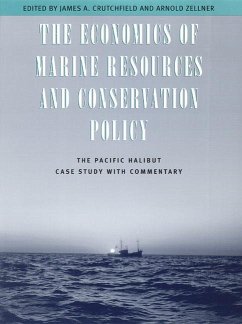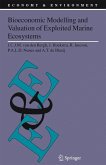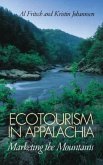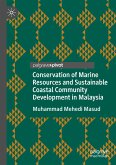How can we effectively manage a so-called "renewable" resource--such as ocean fish--when we don't know how renewable it really is? In 1962, James A. Crutchfield and Arnold Zellner drew om extensive data from Pacific halibut fisheries to develop a dynamic and highly successful economic approach to solving this problem. While report on thier findings was published by the U.S. Department of the Interior, it had very limited distrubition and quickly went out of print, leaving an essential study unavailable even as the problems addressed began to seem more urgent. This book presents a complete reprint of Crutchfield and Zellner's pioneering study, together with a new introduction by the authors and four new papers by other scholars. These new studies cover the history of the Pacific halibut industry as well as the general and specific contributions of the original work--such as price-oriented conservation policy--to the fields of resource economics and management. The resulting volume integrates theory and practice in a clear, well-contextualized case study that will be important not just for environmental and resource economists, but also for leaders of industries dependent on any natural resource.
Hinweis: Dieser Artikel kann nur an eine deutsche Lieferadresse ausgeliefert werden.
Hinweis: Dieser Artikel kann nur an eine deutsche Lieferadresse ausgeliefert werden.








